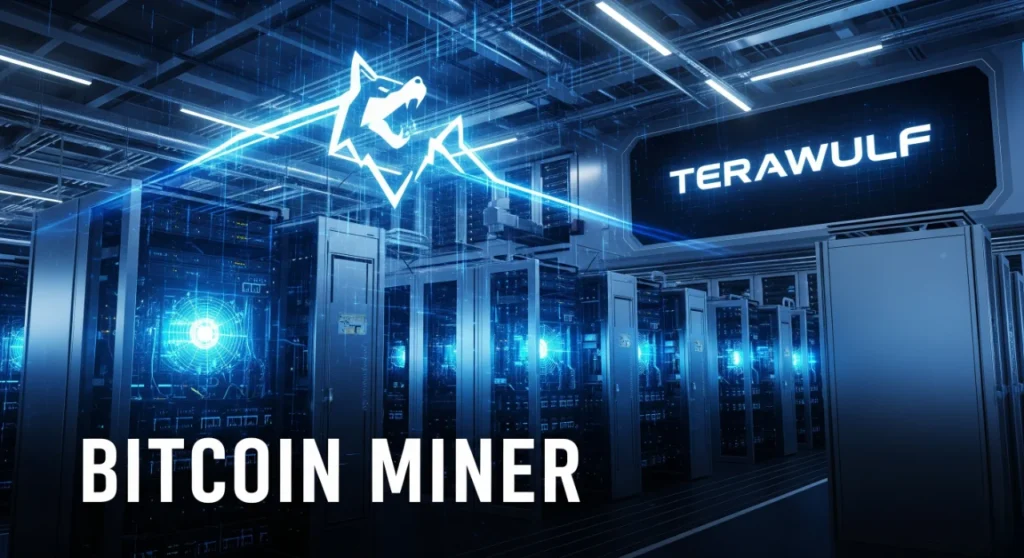In a surprise industry shake-up, Bitcoin miner TeraWulf is trading in some of its crypto rigs for AI servers—armed with $1.8B from Google and a decade-long, $3.7B deal with AI cloud firm Fluidstack.
Key Takeaways
- $3.7B, 10-year deal: TeraWulf will host 200+ MW of AI infrastructure for Fluidstack.
- Google’s $1.8B backing: Includes an 8% equity stake in TeraWulf.
- From Bitcoin to AI: Mining facilities repurposed as AI data centers.
- Potential industry shift: Could inspire more miners to pivot to AI hosting.
The AI gold rush just found an unexpected prospector—Bitcoin miner TeraWulf.
In a deal that bridges two of tech’s most hyped sectors, the company has signed two long-term hosting agreements with AI cloud platform Fluidstack, worth a staggering $3.7 billion over the next decade.
The agreements cover over 200 megawatts of AI infrastructure, all to be housed in TeraWulf’s existing facilities. But the real twist? Google is stepping in with $1.8 billion in guarantees and taking an 8% equity stake in TeraWulf.
From Crypto Farms to AI Powerhouses
For years, TeraWulf was known for its sustainable Bitcoin mining operations. But crypto prices are notoriously volatile, and mining profitability has seesawed wildly.
By pivoting toward AI, the company is leveraging its power supply, cooling systems, and high-security sites—all assets that AI data centers desperately need.
This isn’t just a side hustle. Hosting AI workloads can be more predictable and lucrative than chasing Bitcoin’s fluctuating value. And the turnaround is fast—adapting mining sites for AI use takes months, not years.
Why Google’s Involvement is a Big Deal
Google’s role goes far beyond writing a check. With its $1.8 billion guarantee, the tech giant is securing access to some of the most advanced AI infrastructure without having to build it from scratch.
The equity stake also means Google has a direct say in TeraWulf’s strategic moves—a smart way to lock in computing power while influencing operations.
This move reflects a broader trend: big tech companies are blending investment with infrastructure access, ensuring they don’t get caught short in the AI arms race.
What It Means for the Industry
The partnership signals a major overlap between crypto mining and AI hosting—two industries that once seemed worlds apart. Mining facilities, already optimized for high energy and cooling needs, are perfectly positioned to host AI workloads.
For AI companies, it’s a shortcut. Instead of spending years building new data centers, they can plug into retrofitted mining farms and start training models in months.
Market analysts see potential but caution that large-scale hosting deals rely on stable power supply, strong AI demand, and flawless execution. Still, a 10-year contract suggests both TeraWulf and Fluidstack believe AI’s growth curve isn’t slowing anytime soon.
A Glimpse Into the Future
If this gamble pays off, more mining firms could follow TeraWulf’s lead—shifting from chasing Bitcoin to powering AI’s next big breakthroughs. For big tech players like Google, it’s a way to secure scarce computing resources without breaking ground on costly new facilities.
Billions are on the line, and the stakes stretch well into the 2030s. One thing’s certain: the line between crypto mining rigs and AI supercomputers just got a lot blurrier.
